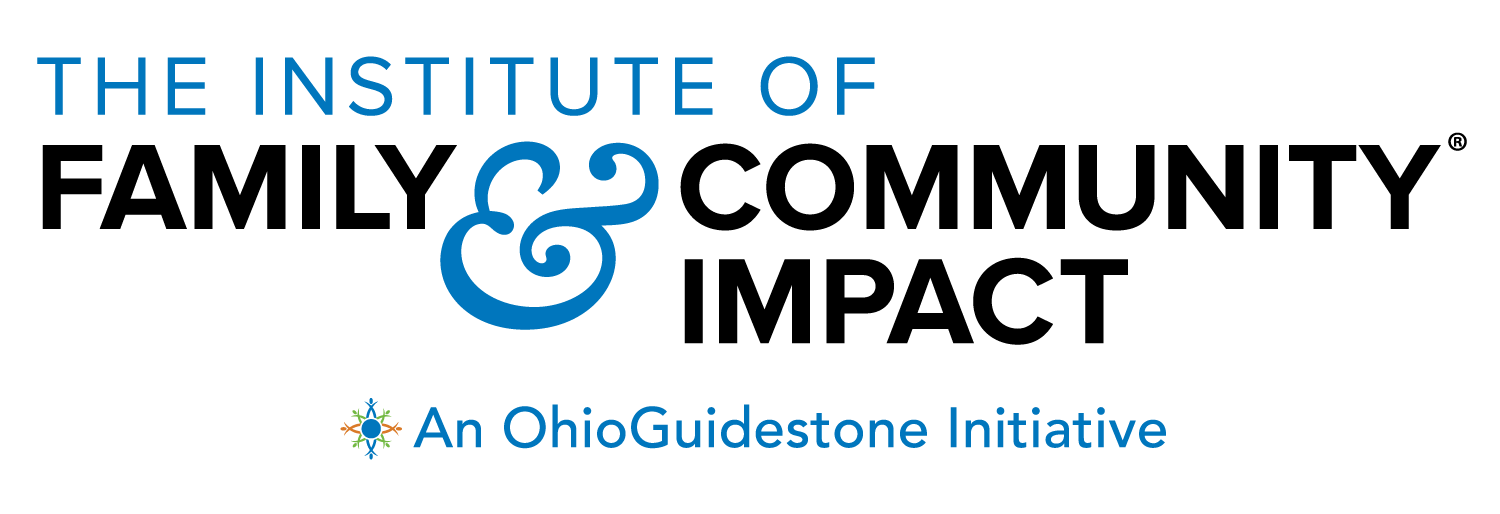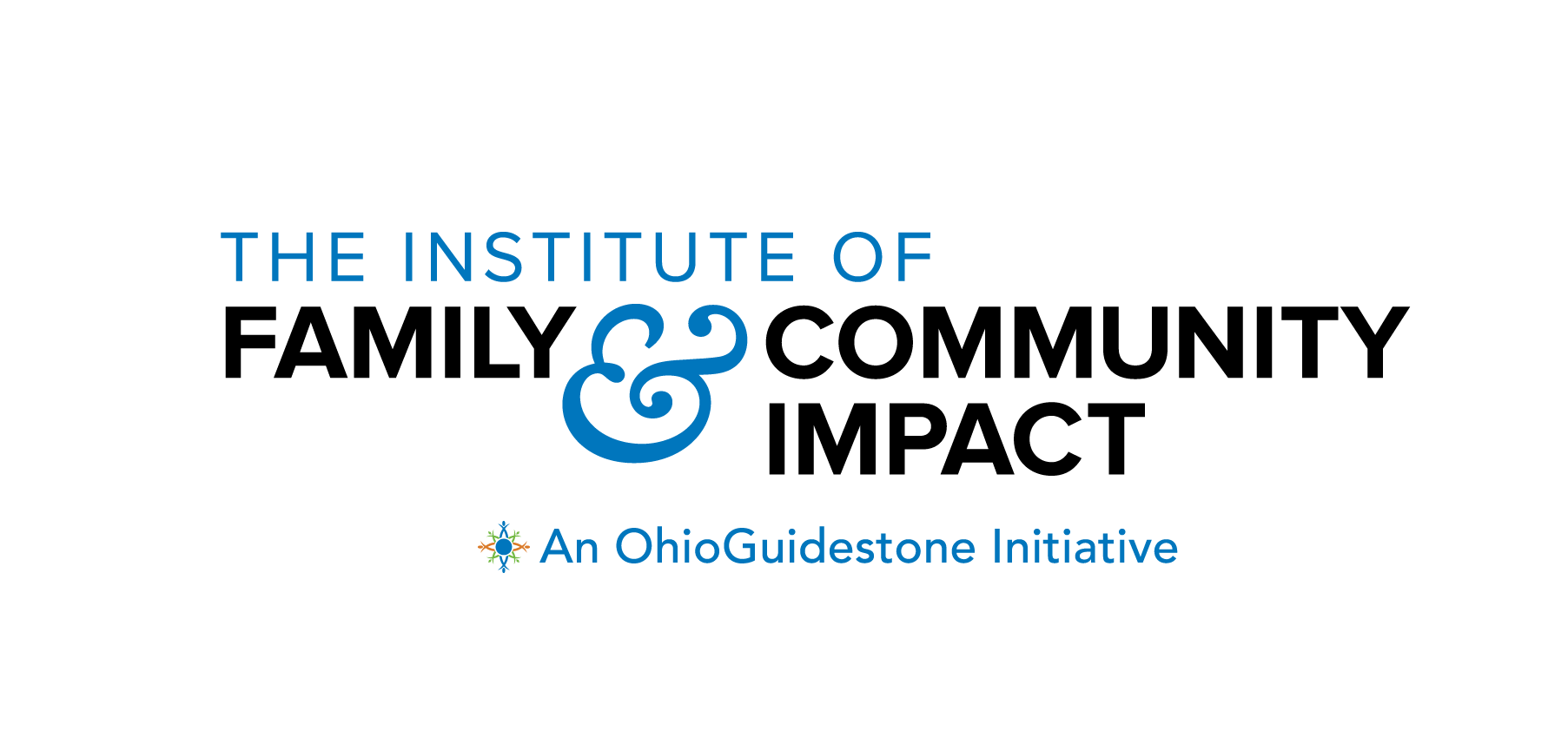
Toxic Chemicals in Black Hair Products, 6 Examples
Table of Contents
Why Are We Talking About Toxic Chemicals in Black Hair Products?
Toxic chemicals in Black hair products impact individuals, families, and communities of all ages, but are particularly harmful to children in the developmental stages. Family & community health and vitality are at the forefront of our motivation, vision, and purpose. Through advocacy, education, and awareness on our Kinky Curly Kids blog and beyond, we are working towards empowering individuals to make informed choices about the products they use when they have the ability to do so. Together, we can work toward a happier, healthier future where neuroendocrine disrupting chemicals no longer disrupt the lives of our children, families, and communities.
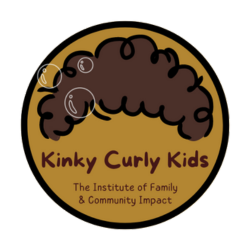
Early Childhood Safety Initiative (ECSI)
The Institute of Family and Community Impact an OhioGuidestone initiative envisions a society full of resilient children with limited adverse childhood experiences and increased benevolent experiences. One of the ways we achieve this in partnership with Ohio Children’s Trust Fund (OCTF) is through our Early Childhood Safety Initiative. An initiative committed to increasing early childhood safety by providing parents and caregivers with the tools they need. Benevolent childhood experiences are built by positive adult connections, and these connections are strengthened when parents have what they need to thrive. One of the ways the Early Childhood Safety Initiative allows us to help families is by addressing neuroendocrine disrupting chemicals in hair products marketed toward Kinky Curly Kids.
Toxic Chemicals in Black Hair Products & Physical Development
Black hair products often contain harmful chemicals called neuroendocrine disruptors that alter and harm our physical development. Because early childhood is the most crucial stage in the physical development process, exposure to chemicals that affect our hormones and reproductive systems during this time can be devastating.
Countries in Europe have taken action to restrict and limit such harmful chemicals because of the damaging effects they can have on our bodies. However, countries like the U.S. still allow neuroendocrine disrupting chemicals to be mixed into the hair products that we as Black people often use on our hair and children’s hair. Here is a list of hair chemicals commonly found in Black hair products that you and your family should look out for on your next shopping visit. We advise you to be cautious of products containing these chemicals and to limit how often you use them when possible. As always, protect the heads and hearts of babies with Kinky and Curly Hair!
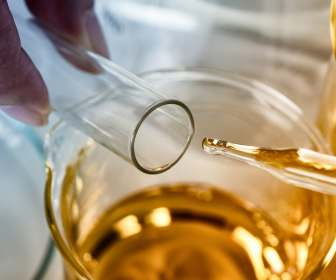
6 Toxic Chemicals in Black Hair Products to Look Out for:
1. Methylparaben: This paraben is often found in products marketed toward Black women and children. Research suggests that it can alter hormone levels, specifically in pregnant women.
2. Formaldehyde: A substantial amount of research has linked this chemical to cancer and organ toxicity.
3. Triclosan: Triclosan has been linked to endocrine toxicity, when a chemical negatively affects hormones necessary for healthy development.
4. Octinoxate: This chemical can mimic estrogen and contribute to a decrease in necessary thyroid hormones, in turn impacting thyroid functioning.
5. Fragrance (Parfum): May contain phthalates, which are detrimental to our reproductive, neurological, and developmental systems.
6. Diethyl Phthalate (DEP): This endocrine disruptor was found most frequently in a study that analyzed hair products marketed to and used by Black consumers.
We understand that avoiding all of these chemicals listed may not be possible, or feasible for each individual, and family. Our Kinky Curly Kids blog posts are informational and serve to best provide quick, and accessible information to families of children with Kinky Curly hair.

